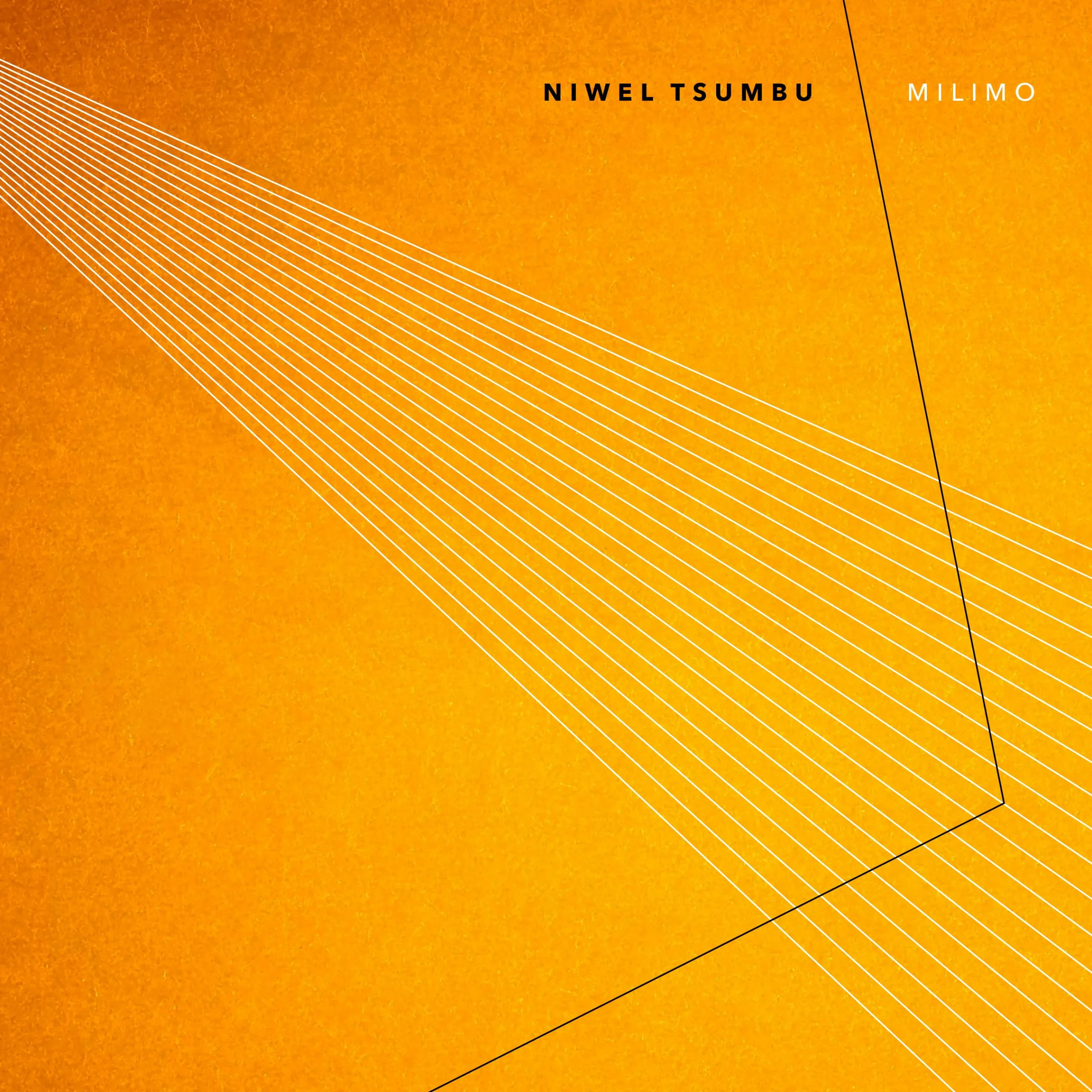My immediate response, when listening to this record for the first time, was “oh, this is fun stuff!”. There are many tributaries in confluence here, with influences as varied as Rhumba, various forms of Classical music, Jazz, a certain ECM Records/Third Stream aesthetic, and of course Congolese music combining into an organic and many-sided whole. While Niwel Tsumbu’s music can sparkle with impressive intellectual and technical prowess, it is at once music with much honestly and at times raw emotional content, moving seamlessly though moments of joy and introspection.
Born in the Congo and long-time asset of the Irish music community, Tsumbu will be familiar to many listeners of Jazz and Jazz-adjacent music. For many decades he has been performing with some of the best musicians on the island and abroad; Sinead O’Connor in Ireland for one, and Buena Vista Social Club abroad for another. Not content with triumph in the real world, he has also mastered the not-so-real world of the internet, becoming quite a success on Instagram with hundreds of thousands of people viewing his educational content. Currently, he can be caught in the act performing with Rhiannon Giddens and Francesco Turrisi, touring pretty much everywhere on Earth.
Milimo is an album of contrasting moments and juxtapositions that seem to flow seamlessly from state to state. The title track is an adventurous piece where strings buzz and freedom reigns, rendering an energetic statement with an undercurrent of Rock. It stands out against the more delicate and focused nature of tracks such as Polyphony, a personal favourite, and Tirizah, where counterpoint and simultaneous intersecting lines are crafted with remarkable precision. Still yet another facet of Tsumbu’s musicality captures the sunlight via the three Etude works. Unusual in their brevity, these short technical pieces paint a piece of a craftsperson who in this album tenders the culmination of decades of diligence.
All of the tracks on the record, with the exception of Masta, which contains overdubbed vocals, were single passes with no edits. Testimony to the virtuosity and also the preparedness this record required. While most of the tracks are completely composed, surprising given their dynamic impression, there is one that the guitarist improvised spontaneously upon request. That take, The Silence Within, spills over with cathedral ambience and harmonics, in yet another unexpected twist on the recordings’ journey.
Producer and reformed alto saxophonist (now a tenor man) Nick Roth, says of the making of this record that it was “a bit like building a rocket”, insofar as that the end result is the product of many years of labour and invention. Roth is a man that knows a few things about rocketry. After a misspent youth wandering the halls of CERN mapping the intricate murmuration of starlings, Roth realised that the best path to the stars was to book Peter Gabriel’s Realworld Studio, with engineers Dom Shaw and Jerry Boys, and get Tsumbu on record for all to enjoy.
It is difficult to overstate the credentials of those involved in the production of Milimo. Boys’ resume includes work on the Beatles’ Revolver album, but also Pink Floyd, Yehudi Menuhin, The Rolling Stones, John Lee Hooker, and Ali Farka Toure among many others. Likewise, Dom Shaw, the recording engineer on this project, has been Peter Gabriel’s assistant and house engineer at Realworld Studios for many years. When Roth describes the process of creating this record one readily gets the sense that this was a pinnacle moment for Diatribe Records, Tsumbu’s musical output, and indeed the profile of rhythmic music in Ireland.
The recording is available now through Diatribe Records. You need it.

